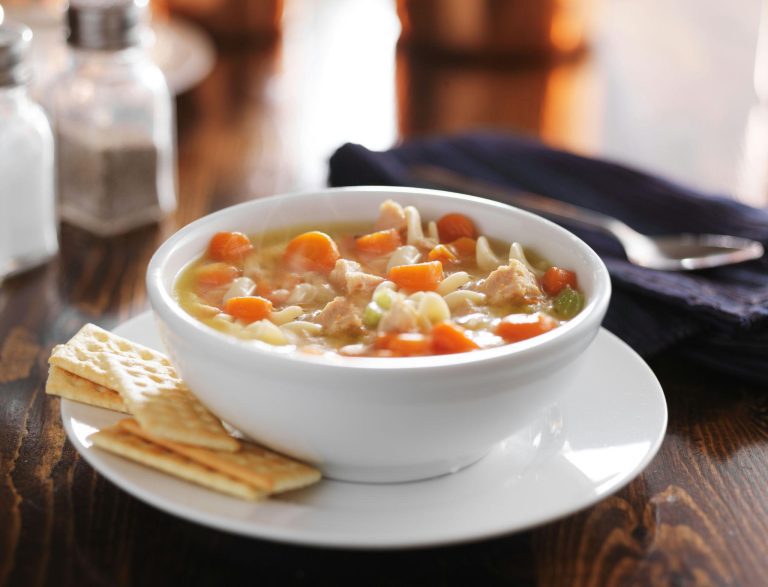Image from Unsplash
Most people don’t need gourmet spreads or elaborate menus to feel cared for at the dinner table. Real comfort often comes from meals that are easy to prepare, flexible enough to fit everyone’s preferences, and forgiving on busy days. It’s the kind of cooking that makes space for real life, messy schedules, changing appetites, last-minute plans. This is why many people gravitate toward simple, adaptable recipes and platforms like Flexible Dieting Lifestyle, which offer ideas that fit into everyday routines rather than disrupt them. When meals feel low-pressure, you’re far more likely to enjoy the moment instead of worrying about precision or perfection.
A comforting meal isn’t defined by complexity; it’s defined by ease and the feeling it brings into the room. Whether you’re cooking for yourself, a partner, or a few friends dropping by, the goal is the same: create food that supports connection, not stress.
Allowing Food To Support Your Day, Not Compete With It
One of the reasons low-pressure meals resonate so strongly is that they meet people where they are. You might be coming home after a long workday, juggling family obligations, or simply moving through a season of life where your energy is limited. Meals that are simple, adaptable, and forgiving become a grounding point, not a burden. According to research from the Harvard T.H. Chan School of Public Health, maintaining manageable, flexible eating patterns reduces the likelihood of stress-related overeating and supports more sustainable long-term habits.
This kind of gentle structure makes mealtime feel like a supportive ritual rather than another item on your list. By keeping things uncomplicated, you remove the friction that usually leads to skipping meals or relying on something that doesn’t truly satisfy. The process becomes calmer, and the food, no matter how simple, feels more nourishing.
Building Everyday Meals Around What You Already Enjoy
Image from Unsplash
Low-pressure meals tend to come from ingredients and recipes you already know well. Instead of reinventing the wheel each day, you work with familiar flavors and techniques that feel natural to you. When you lean into what you enjoy, decision-making becomes easier, and you no longer feel the need to constantly search for something “new” just to stay motivated. You might find comfort in warm bowls, pastas that come together in minutes, roasted vegetables that never disappoint, or dips and spreads that keep conversations going while requiring almost no extra effort in the kitchen.
This familiar rhythm is what makes certain dishes feel timeless, they’re the ones you return to because they fit your life, not because they’re complicated.
Finding Ease In The Preparation, Not Just The Meal
Preparing food is often seen as the stressful part of hosting or daily living, but it doesn’t have to be. When your approach shifts toward simplicity, the kitchen becomes less of a stage and more of a comfortable workspace. You give yourself permission to take shortcuts, repurpose leftovers, or prepare part of a meal earlier in the day. These small adjustments reduce the mental load and bring back a sense of ease.
Some people prefer prepping vegetables ahead of time, others assemble meals directly from the fridge, and many discover that one or two versatile dishes anchor an entire week without feeling repetitive. These routines become habits, then familiar comforts.
Meals That Make Room For The People, Not The Performance
When food is simple, it naturally creates more space for connection. You’re not multitasking or stepping away from the table; you’re part of the conversation, the laughter, the slow unwinding that happens when everyone feels relaxed. Meals become moments rather than productions. Even on the busiest evenings, a warm, uncomplicated dish can shift the atmosphere of a home.
You don’t need culinary mastery to create comfort. You just need intention. When meals are designed to soothe rather than impress, they become something fuller, a gesture of care that fits real life.


